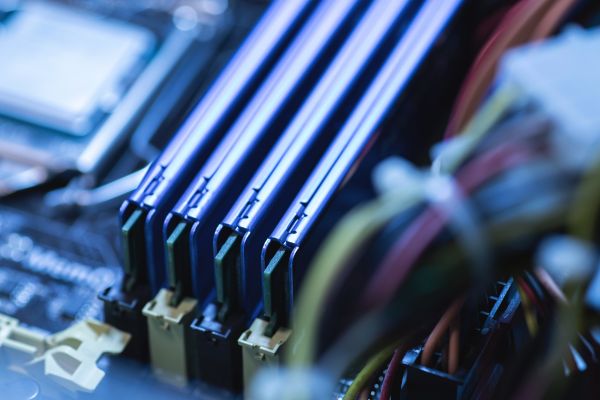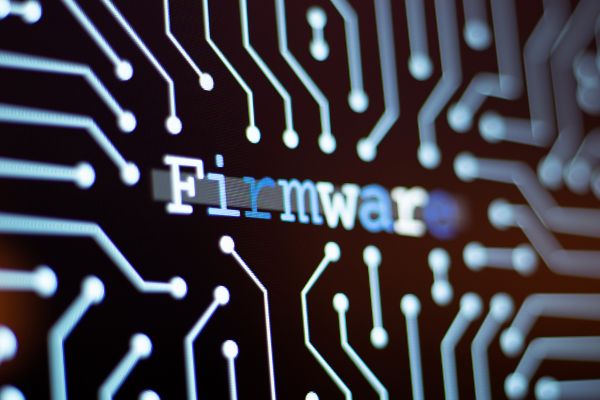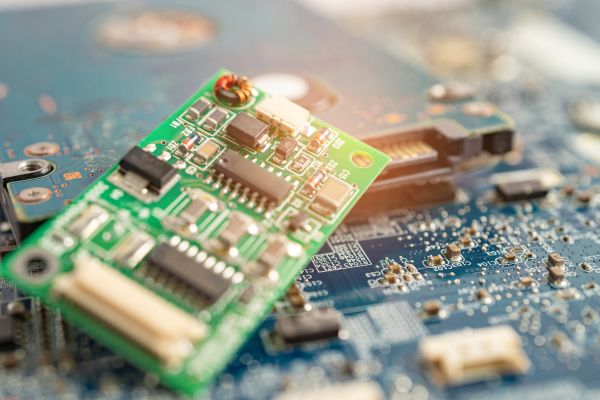Smart Sensors Revolutionary Technology for the Future
You smart sensors are revolutionizing various sectors of industry and everyday life, providing greater efficiency, safety and automation in various processes.
These devices use advanced technology to collect, process and transmit data in real time, enabling innovative applications in areas such as healthcare, transportation, Industry 4.0 and the Internet of Things (IoT).
In this article, you will discover how this technology works, its benefits and the main trends for the future.
What are Smart Sensors?
You smart sensors They are devices equipped with microprocessors that allow the capture, processing and transmission of information without the need for constant human intervention.
Unlike conventional sensors, which only detect physical or chemical stimuli and transform them into electrical signals, smart sensors have analysis capacity and decision making based on the data collected.
They can be used to measure temperature, humidity, pressure, light, movement, proximity and even air quality, becoming fundamental pieces in the automation of processes and in improving operational efficiency in several areas.
How Do Smart Sensors Work?
You smart sensors operate in three main stages:
- Data Collection: They capture information from the environment through sensitive components, such as thermometers, accelerometers or optical sensors.
- Processing: They use microprocessors and algorithms to analyze the collected data and identify patterns or trends.
- Transmission: They send information to control systems, mobile devices or IoT networks, enabling automated actions and strategic decisions.
This ability to process and interpret data reduces the need for human intervention, making processes faster and more efficient.
Main Applications of Smart Sensors
You smart sensors are present in several areas, driving technological innovations and transforming the way we interact with the world. See some of the main applications:
1. Internet of Things (IoT)
Sensors are essential for the Internet of Things, connecting devices and enabling home, industrial and commercial automation. Examples include:
- Smart Homes: Presence sensors for automatic lighting, smart thermostats and connected locks.
- Industry 4.0: Remote machine monitoring, production control and predictive maintenance.
2. Health and Medicine
In the health area, the smart sensors are used for continuous monitoring of patients, early diagnosis of diseases and optimization of medical treatments. Examples:
- Wearables: Smart watches and bracelets that monitor heart rate, blood oxygenation and stress levels.
- Biomedical Sensors: Implantable devices to measure glucose in diabetic patients or monitor vital signs.
3. Automotive Sector
The technology of smart sensors It is also essential in the automotive industry, improving vehicle safety and efficiency:
- Autonomous Cars: Proximity sensors, cameras and radars that enable driverless navigation.
- Assistance Systems: Automatic braking, pedestrian detection and adaptive cruise control.
4. Precision Agriculture
In agriculture, sensors help monitor environmental variables to increase productivity and reduce waste:
- Soil Moisture Sensors: They optimize irrigation to avoid excessive water use.
- Climate Monitoring: Measures temperature, humidity and light to predict climate changes and plan planting.
5. Security and Monitoring
Property and public security was also improved with the use of smart sensors:
- Smart Cameras: Equipped with facial recognition and motion detection.
- Intrusion Sensors: Alarms that identify suspicious movements and notify owners or authorities.
Advantages of Smart Sensors
The use of smart sensors brings a series of benefits to companies, industries and end consumers. The main ones include:
1. Greater Operational Efficiency
With the automation provided by sensors, industrial and commercial processes become more agile, reducing waste and improving productivity.
2. Cost Reduction
Predictive maintenance prevents unexpected failures, reducing operating costs and optimizing the use of resources.
3. Data-Driven Decision Making
Sensors provide real-time data, enabling more accurate analysis for business strategies and operations.
4. Increased Security
In the automotive, industrial and residential sectors, sensors contribute to the accident prevention and asset protection.
5. Sustainability
With more precise measurements, there is a more conscious use of water, energy and inputs, contributing to environmental preservation.
Challenges and Future of Smart Sensors
Despite the numerous advantages, the implementation of smart sensors still faces some challenges:
- Data Security: Since sensors collect and transmit a lot of information, it is essential to ensure that the data is protected from cyberattacks.
- High Initial Cost: Adopting technology can require a significant investment, especially for small businesses.
- Integration with Existing Systems: In some cases, it can be complex to integrate sensors into legacy infrastructure.
However, the outlook for the future is promising. With advances in artificial intelligence and 5G, you smart sensors will become even more efficient and accessible.
It is expected that in the coming years they will be present in all areas of everyday life, optimizing everything from simple everyday tasks to complex industrial processes.
You smart sensors are one of the most impactful technologies today, bringing automation, security and efficiency to various sectors.
Be it in Internet of Things, in medicine, in industry or in security, these devices are shaping the future of technology.
Whether for companies looking to increase their productivity or for consumers wanting more comfort and security, smart sensors are an innovative solution that will continue to evolve and transform our way of living and working.






